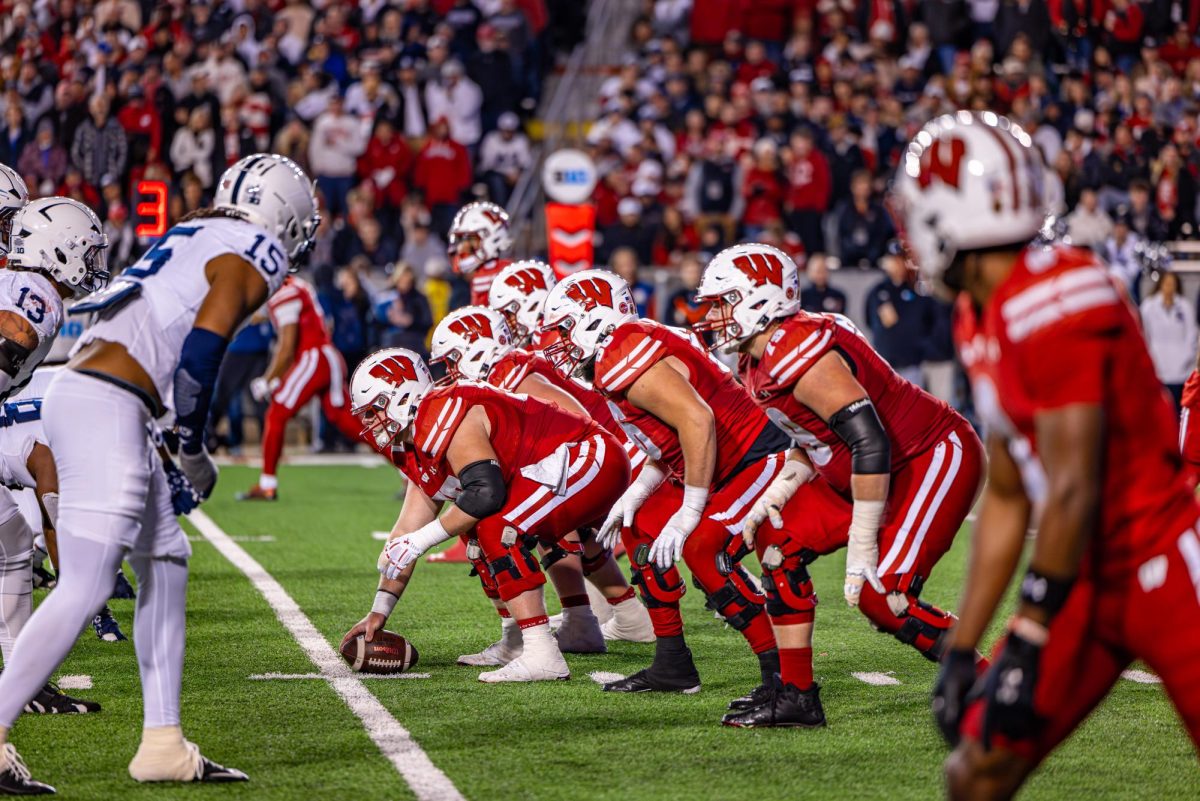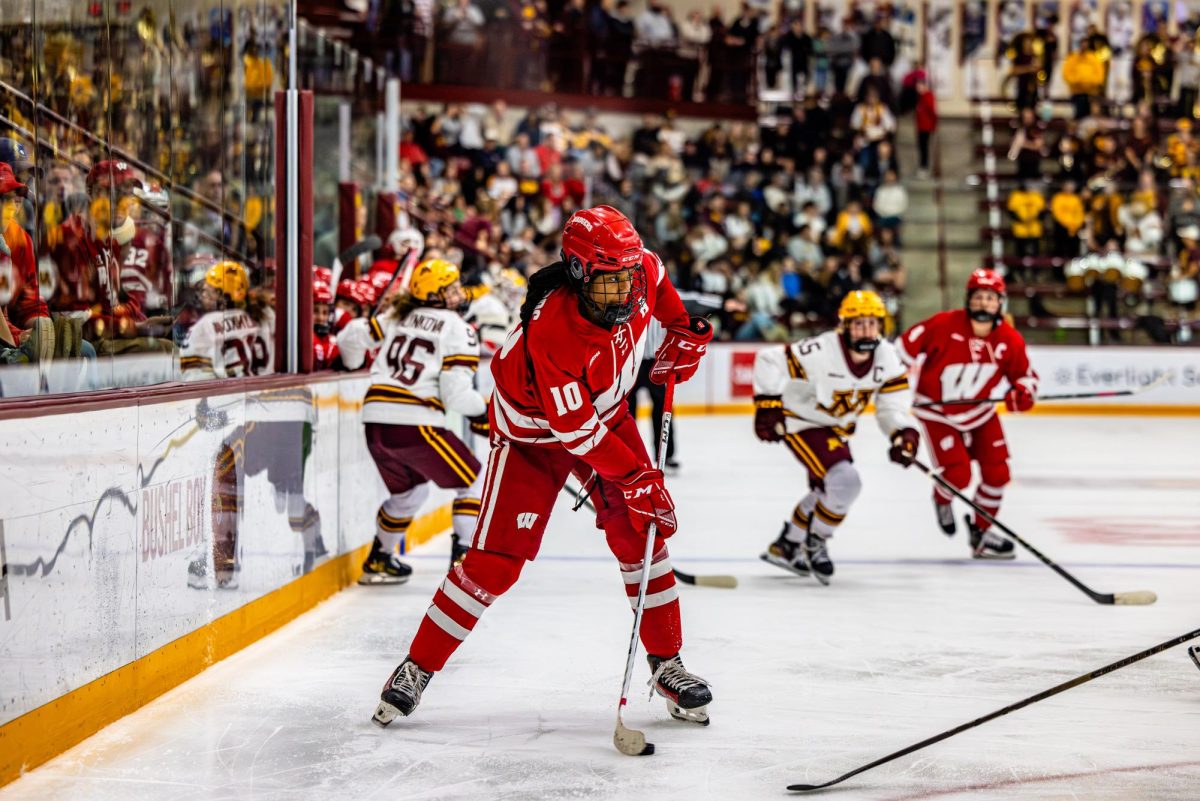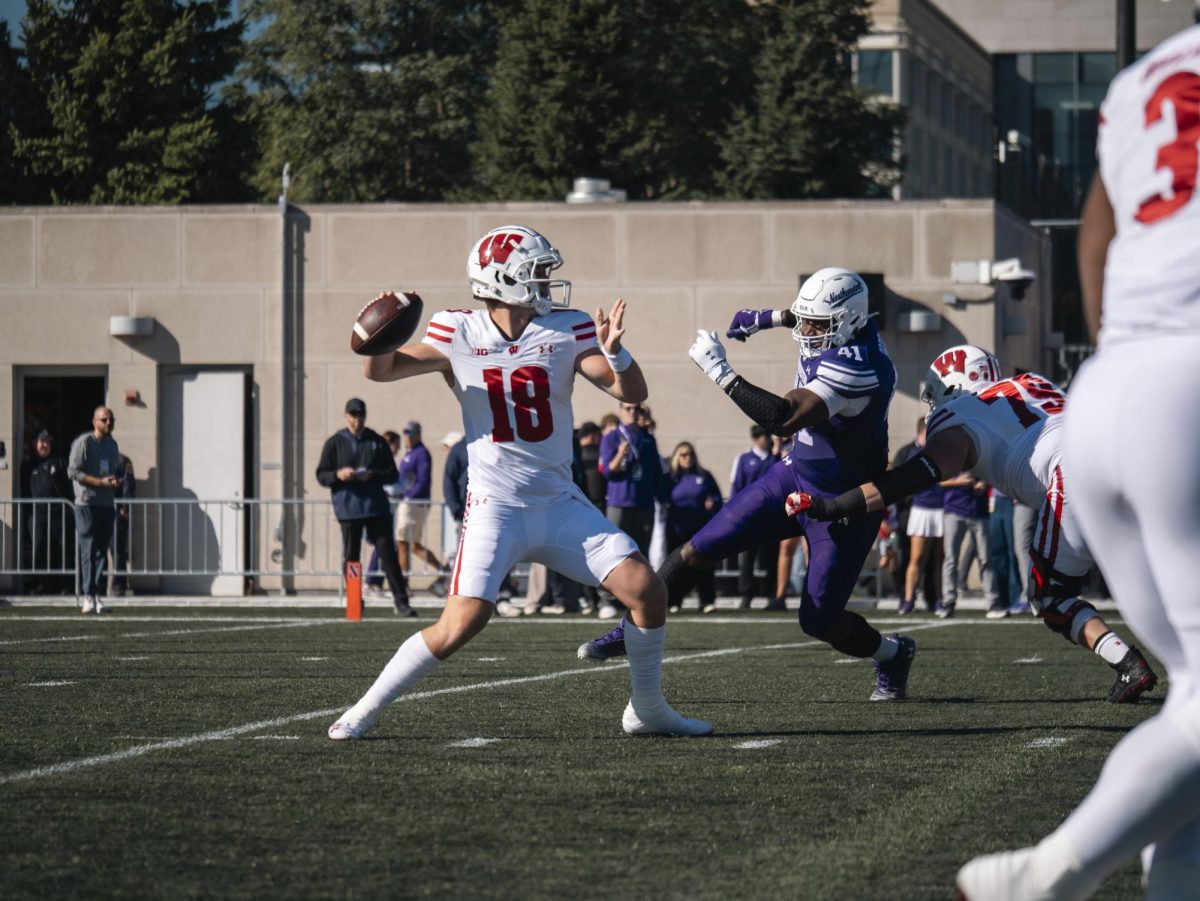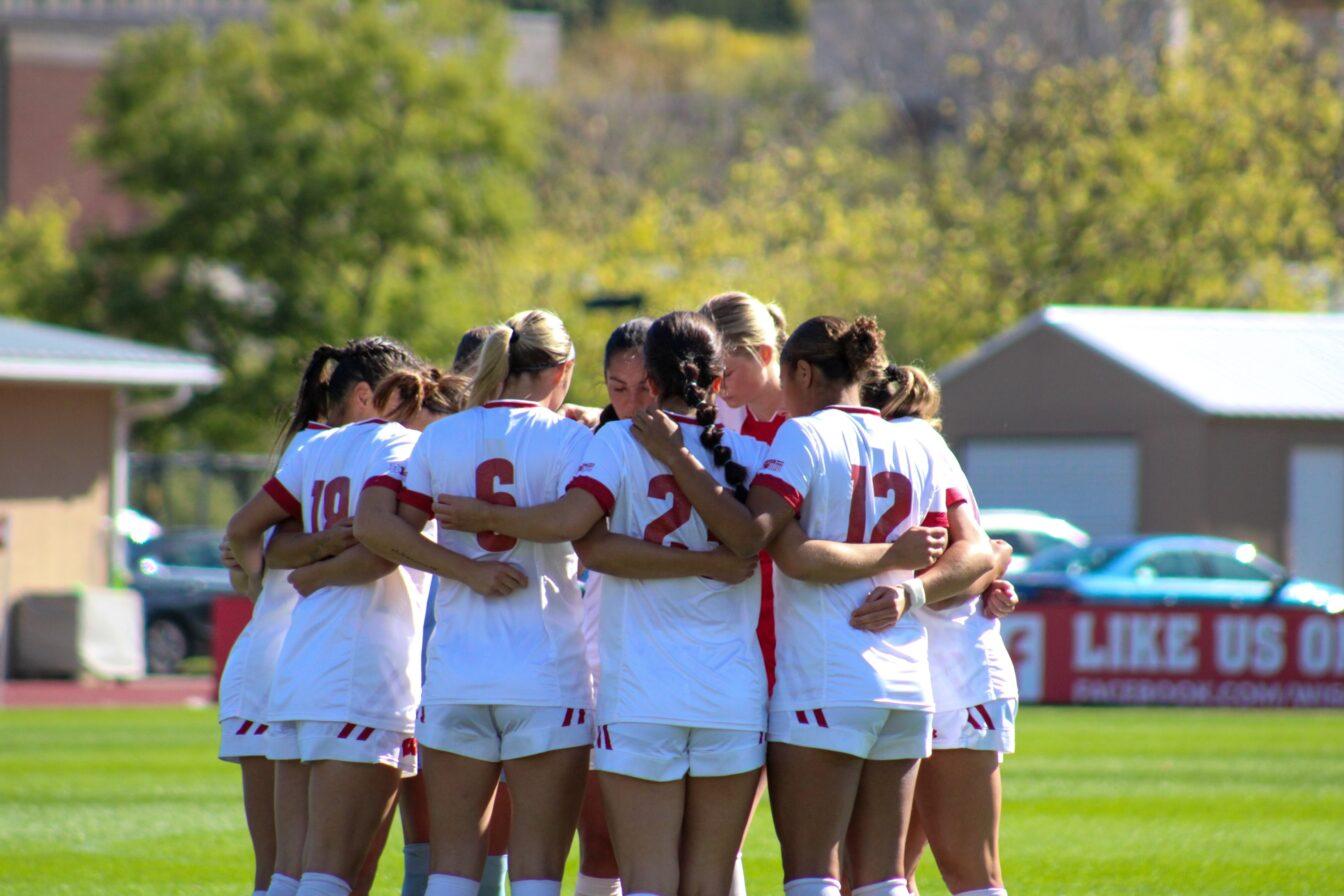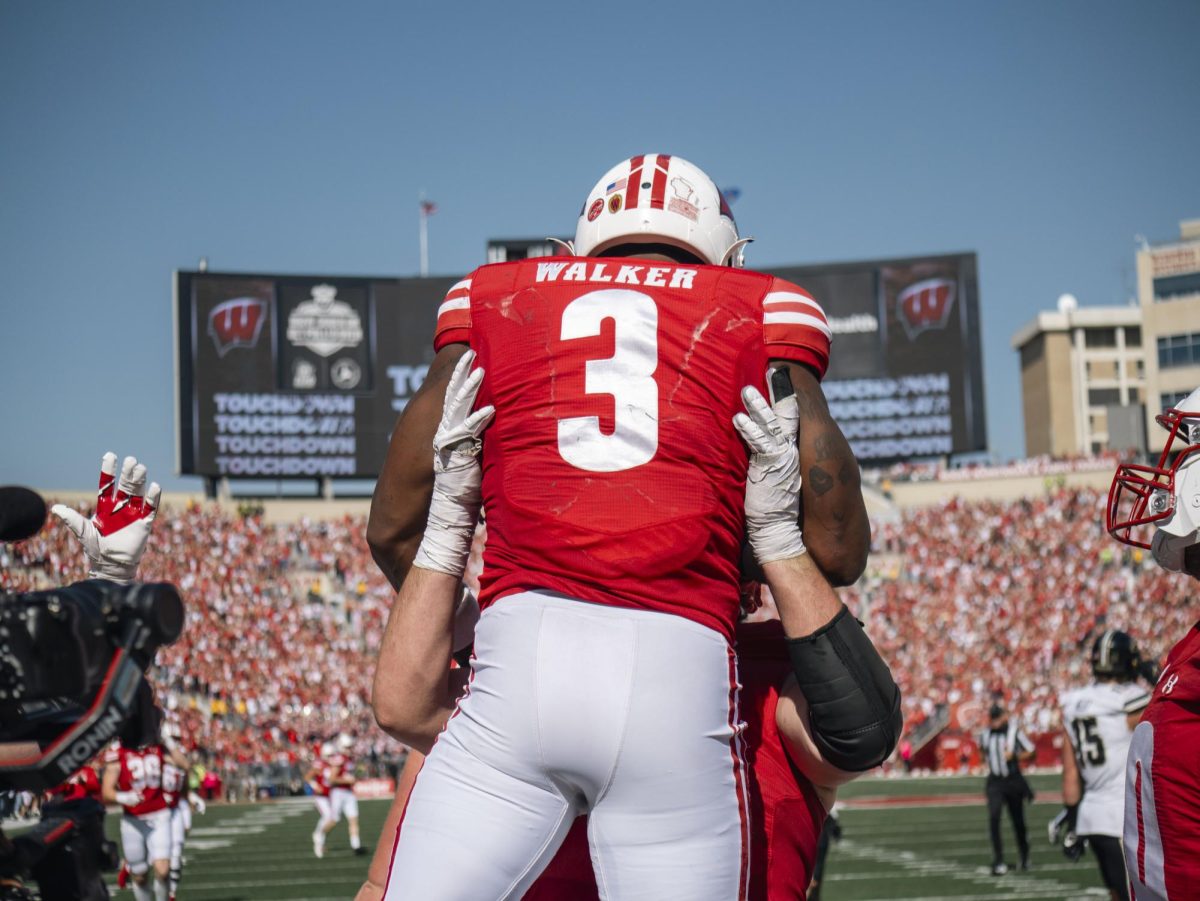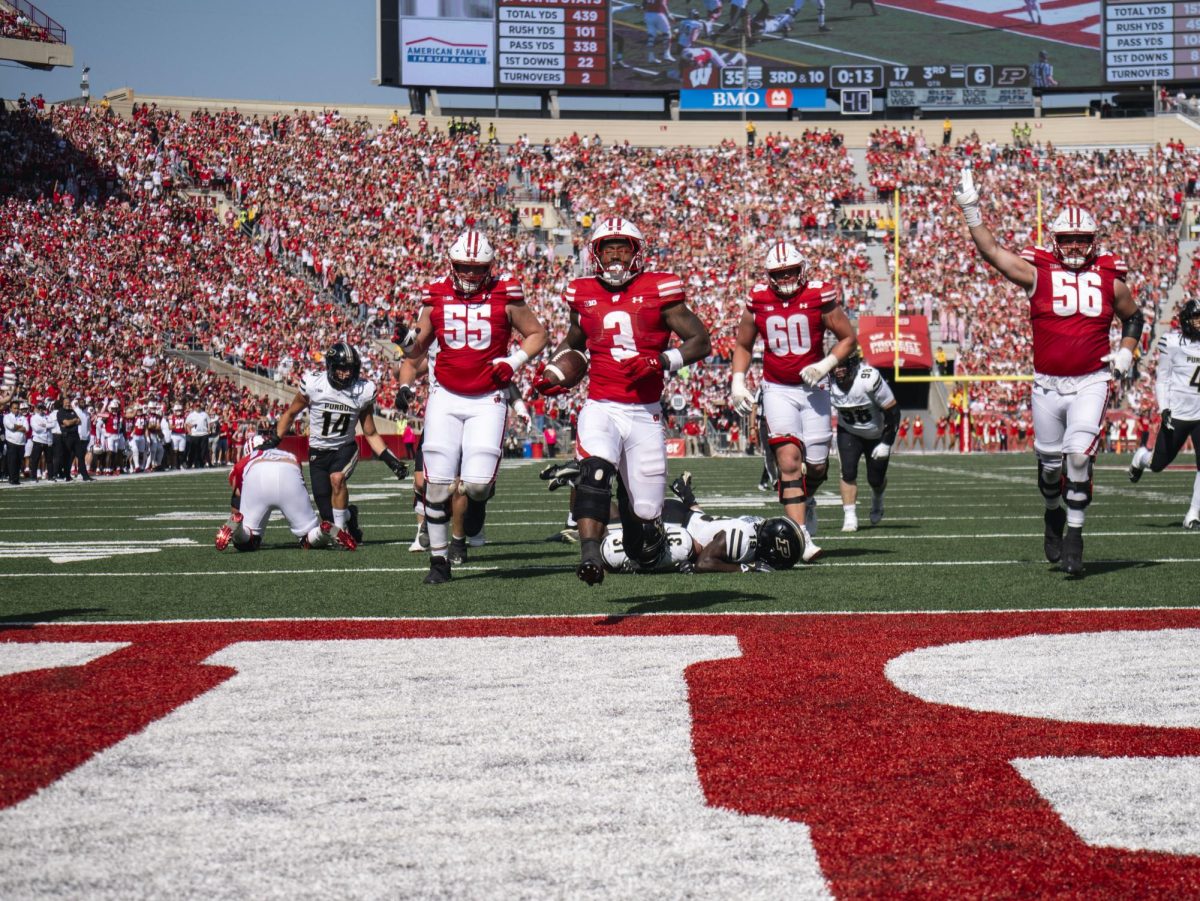Four weeks into the NFL season, we can already see what makes the league so exciting: a little thing called "parity."
The idea of parity essentially means that any team can win on any given weekend, and all teams have a relatively equal chance of being successful.
If this notion sounds crazy, just take a look at the standings before you are too quick to judge.
It is no surprise to anyone that the New England Patriots and defending Super Bowl champion Indianapolis Colts are both 4-0. The Dallas Cowboys are also undefeated with a quarter of the season's games in the books, which also shouldn't strike too many fans as unusual.
Take a closer look, however, and you will find the beauty of parity.
You Cheeseheads out there know exactly what I'm talking about. Your beloved Brett Favre has led the Packers to a surprising 4-0 start and the NFC North lead.
No one, not even No. 4 himself, expected this start to Green Bay's season. Favre was left with a cast of B-list characters on offense, save for receiver Donald Driver. A committee of previously unproven players has decided the running back situation thus far. Before this season, I couldn't tell you the name of one current Packers running back.
Nevertheless, the Pack have been able to hang with every one of their opponents to this point and have helped Wisconsinites forget all about the Milwaukee Brewers.
On the flipside of the parity argument, several NFL teams have truly been letdowns thus far. The high-powered New Orleans Saints, an NFC championship game representative last year, have yet to win a game. The San Diego Chargers, who some experts predicted to make a trip to the Super Bowl this season, are 1-3 after surprising losses to the Packers and Chiefs. The Chicago Bears, behind "Sexy Rexy" Grossman, are off to an abysmal 1-3 start. Last season's NFC champions struggled so bad that head coach Lovie Smith finally decided to bench Grossman for Brian Griese, a move Chicago fans have been wanting for ages.
The rest of the league remains pretty tightly contested. Granted, four games may not be enough time to separate the contenders from the pretenders, but it is a more telling sign than, say, a fourth of the NBA season. By that point, the good teams have distinguished and distanced themselves, and the bad have already begun to pray that their ping-pong ball will be chosen first in the lottery draft.
Part of the reason why such parity exists in the NFL is the league's revenue sharing system. With this, all teams benefit from television profits and the sale of merchandise, with each market receiving equal money from the TV deals. As a result, all organizations are able to put together similarly competitive ball clubs, which is why smaller markets like Green Bay have been able to thrive.
This is where football separates itself from other leagues, most notably Major League Baseball. Although baseball tries to achieve some level of parity through the league's salary cap, which limits how much a team can spend on their players' contracts, there are ways around it. For those clubs with big wallets (I'm looking at you, New York and Boston), they can exceed the cap if they pay a luxury tax.
So for a guy like George Steinbrenner, who uses $100 bills as toilet paper, he'll pay the tax in a heartbeat if it means signing players like Alex Rodriguez and Jason Giambi. This loophole in the system is the reason we constantly see either the Red Sox or Yankees (or both) in the playoffs, while small-market teams like the Brewers have a hard time staying competitive.
Of course, parity is not perfect in pro football. If it were, we wouldn't have had recent dynasty teams like the Patriots. Ideally, in a league of equal opportunity, any team would have had a chance to overthrow New England for the title, but it just didn't happen. But early games this season have already proven that no matter how much a team is favored, the other team still has a chance.
If this year's college football season tells us anything, it is that the collegiate game embraces the concept of parity as well (to a slightly lesser extent). It is a wonderful thought that a small school such as Appalachian State can upend a Big Ten powerhouse in Michigan. It's also great to know that a less-recognized team, such as South Florida, can climb to No. 6 in the polls by prevailing as underdogs against West Virginia.
The fact of the matter is, any football team, pro or college, almost always has a chance to win each and every weekend.
Sorry, Badger fans, but when the football team travels to Illinois as 2.5 point underdogs on Saturday, this point could be made loud and clear.
Isn't parity great?
Tyler is a junior majoring in journalism. Tell him who the Bears should start at quarterback at [email protected].


